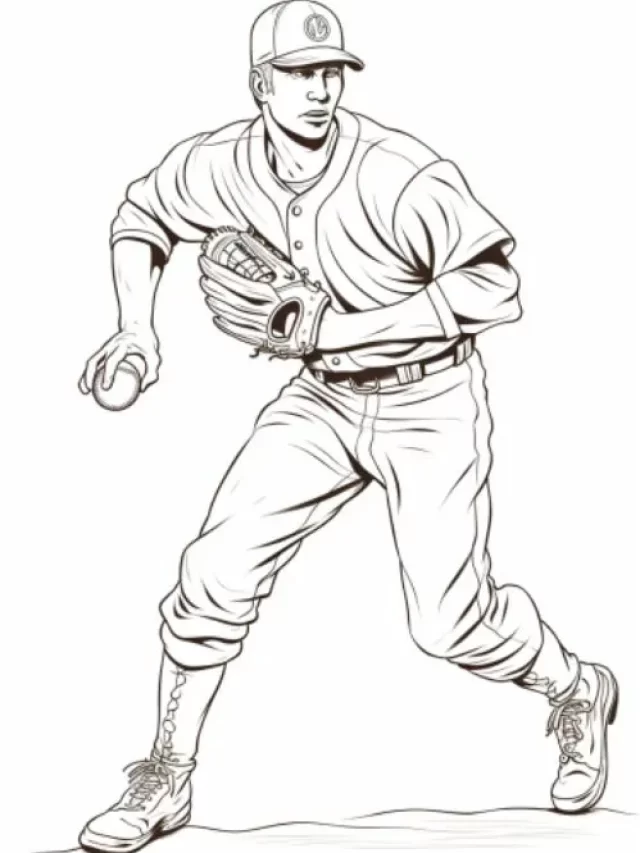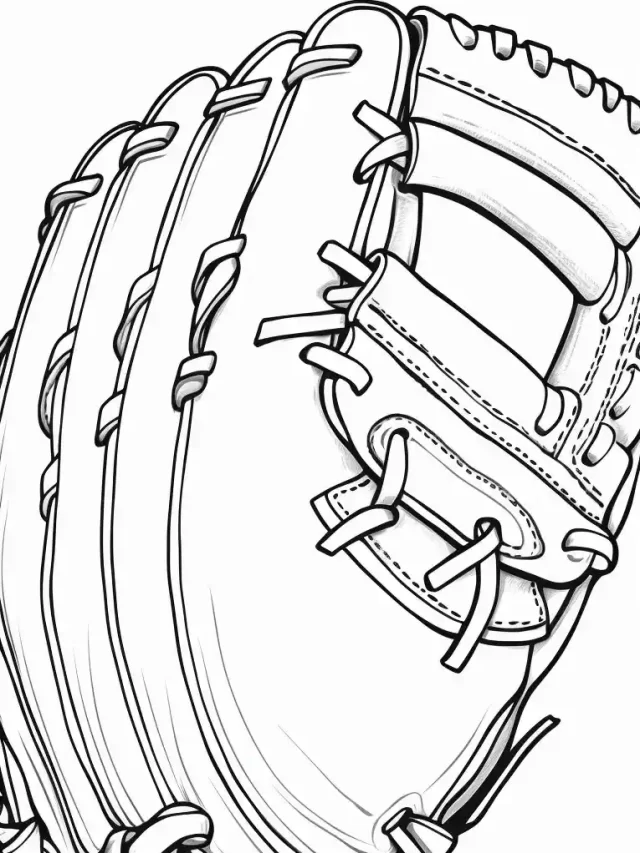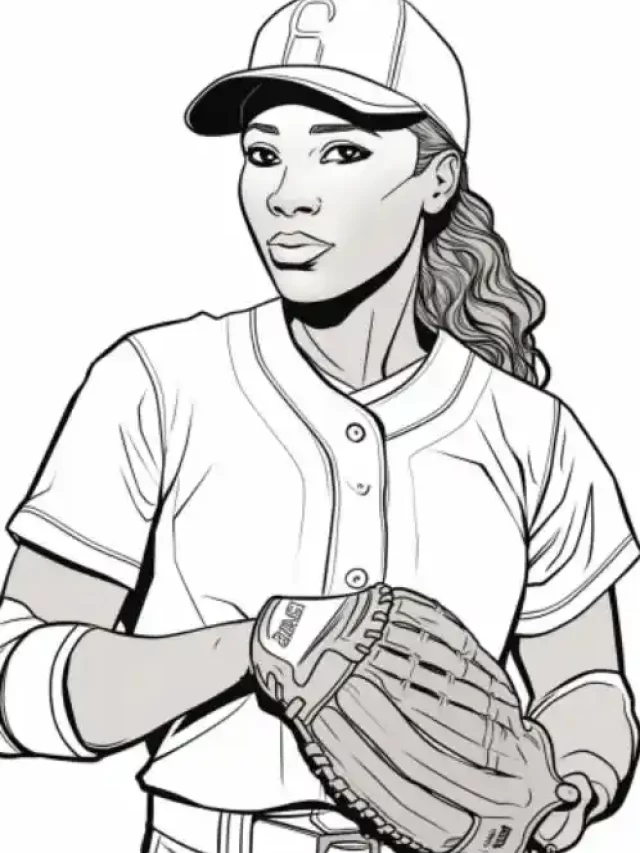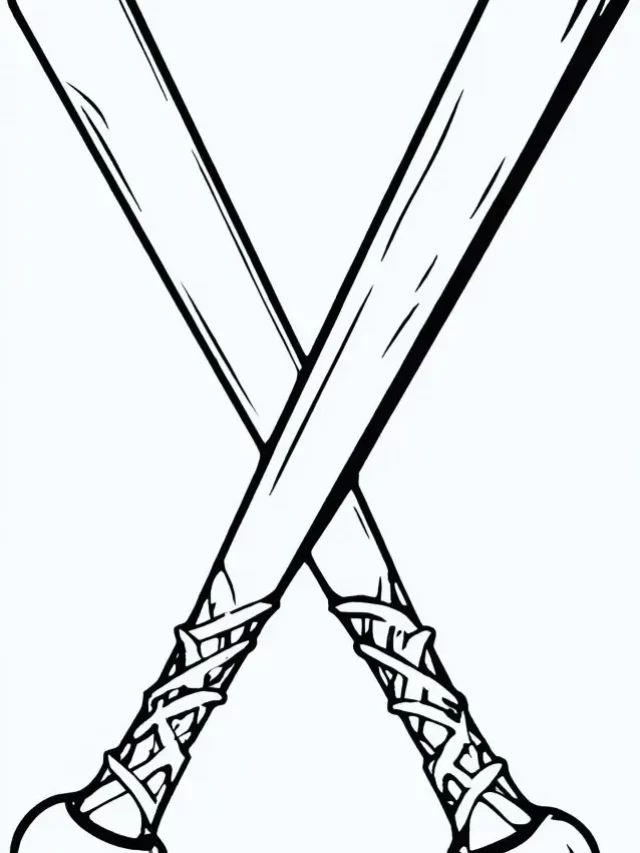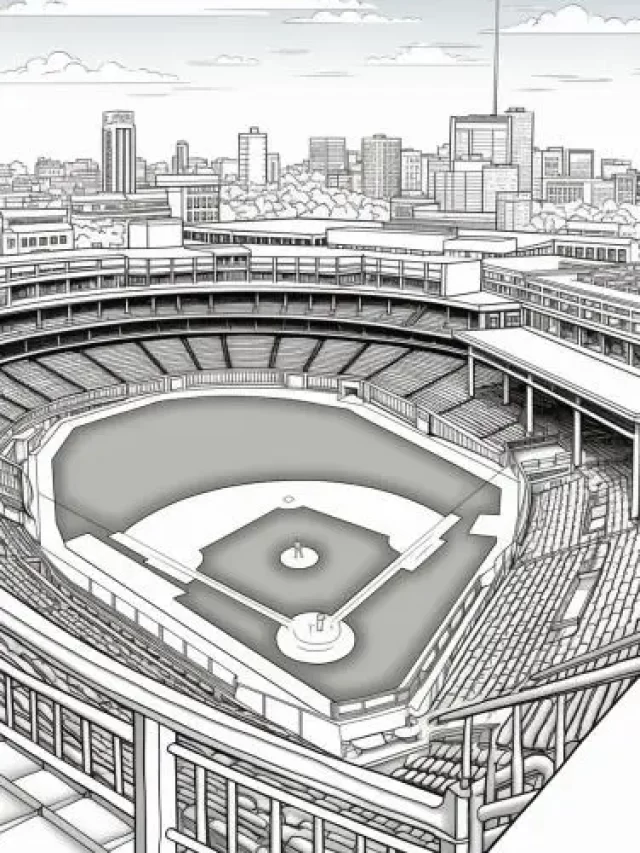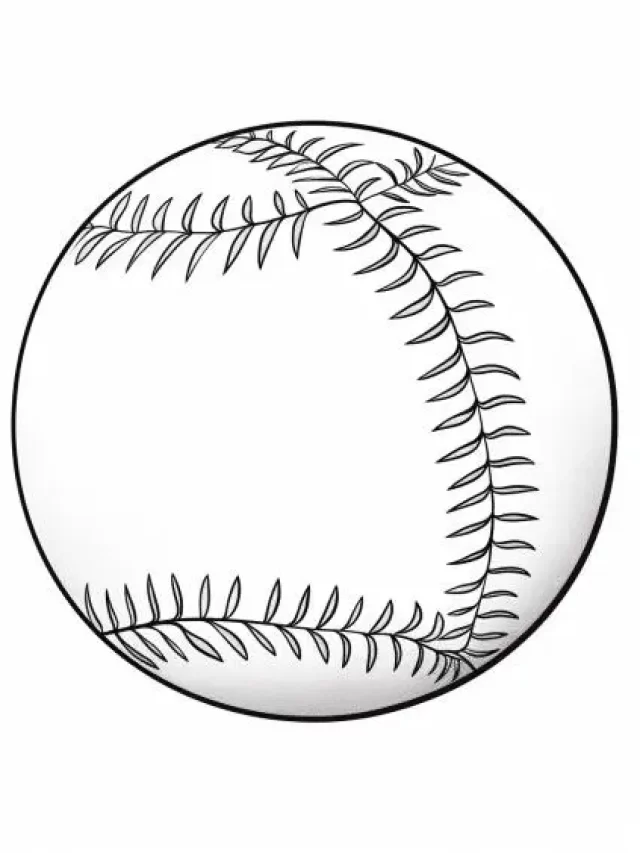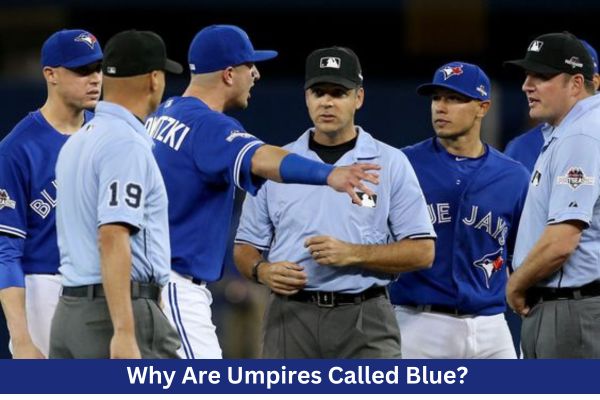
Baseball, a sport steeped in tradition and rich narratives, places a spotlight not only on the players but also on the enigmatic figures who enforce the rules—the umpires. In this exploration, we take a closer look at the individuals who stand behind home plate, making split-second decisions that can sway the course of a game.
Umpires, often unsung heroes of the diamond, are entrusted with maintaining the integrity of the game. Clad in distinctive uniforms, these arbiters of fair play are the linchpin in ensuring a level playing field for both teams. From calling balls and strikes to making judgment calls on the bases, their role extends beyond officiating; it’s about upholding the essence of the sport.
Amidst the cheers and cracks of the bat, there’s a curious moniker attached to these officials: ‘blue.’ Why are umpires called ‘blue’? It’s a question that echoes through baseball lore, hinting at a deeper connection between the color and the men in charge.
As we delve into the heart of this nickname, we unravel a story that goes beyond the diamond, intertwining with the very fabric of baseball’s linguistic landscape. Join us on a journey to understand the origins, significance, and cultural nuances behind the intriguing ‘blue’ nickname for baseball umpires.
Historical Context
Origin and Evolution of Umpire Nicknames
Delving into the annals of baseball history reveals a fascinating evolution of nicknames bestowed upon umpires. The genesis of these monikers can be traced back to the early days of the sport, when baseball was still finding its identity. Umpires, then as now, were figures of authority, and the need for informal labels emerged organically within the close-knit baseball community.
One of the earliest nicknames was ‘arbiter,’ reflecting the umpire’s role as a fair and impartial judge on the field. As the game evolved, so did the nicknames, with terms like ‘ref,’ ‘zebra,’ and, notably, ‘blue’ making their appearances. The ‘blue’ nickname, in particular, has a storied past, with theories ranging from the color of their uniforms to linguistic quirks shaping its adoption.
Cultural Impact of the ‘Blue’ Slang in Baseball
The ‘blue’ nickname transcends its literal connection to the color of umpires’ uniforms, weaving into the very fabric of baseball culture. As players, fans, and commentators embraced this term, it transformed into a symbol of the umpire’s authority and, paradoxically, approachability.
In the lexicon of the game, ‘blue’ became more than just a descriptor; it became a term of endearment and familiarity. The cultural impact extends beyond the diamond, influencing how baseball enthusiasts perceive and interact with the men in blue. This linguistic phenomenon isn’t just about color-coding officials; it reflects the camaraderie and shared language that define the baseball community.
Understanding the historical roots and cultural impact of umpire nicknames, particularly the ‘blue’ slang, adds layers of significance to the game, enriching the narrative that unfolds with every pitch and swing. It’s a testament to the dynamic relationship between tradition, language, and the timeless game of baseball.
Why ‘Blue’?
Explanation of Why Umpires Are Called ‘Blue’
The intriguing nickname ‘blue’ bestowed upon baseball umpires has its roots in a confluence of factors, each contributing to the unique nomenclature. At its essence, the term ‘blue’ serves as a colloquial reference to these arbiters of the game, but the journey to understanding its origin is multifaceted.
Beyond a mere identifier, ‘blue’ carries an undertone of respect and authority. This nickname, like many in baseball, emerged organically within the tight-knit community of players and fans. Its simplicity belies a complex relationship between the game and those entrusted with its fair execution.
Connection to the Color of Their Uniforms
The most apparent link to the ‘blue’ nickname lies in the color of the umpires’ uniforms. Traditionally clad in navy blue attire, umpires stand out against the green of the baseball field. The color not only sets them apart but also symbolizes their role as impartial adjudicators. This visual distinction has become so ingrained that the term ‘blue’ has become synonymous with the men in charge, transcending a mere descriptor to embody the very essence of umpiring.
As players step onto the field, the authoritative figure in blue becomes a beacon of order, ensuring the integrity of the game with every call.
Historical Instances Shaping the Nickname
The adoption of the ‘blue’ nickname finds historical echoes in the traditions of the game. Early baseball culture embraced informal appellations for officials, and ‘blue’ emerged as a succinct and recognizable term. Historical instances, such as legendary umpires consistently donning blue uniforms, contributed to the solidification of the nickname.
The ‘blue’ moniker’s endurance is a testament to the game’s reverence for tradition, where even the choice of a uniform color becomes woven into the tapestry of baseball lore. Exploring these historical nuances reveals the layers of meaning behind the seemingly straightforward nickname, showcasing how baseball’s rich history continues to shape its language and culture.
Baseball Slang
Overview of Common Baseball Slang
The world of baseball is not just defined by the crack of the bat and the roar of the crowd; it has a language all its own. Baseball slang, a colorful tapestry of expressions, reflects the unique camaraderie among players, fans, and even umpires. Before delving into the specific ‘blue’ term, let’s first explore the broader spectrum of linguistic nuances that make baseball a sport of words as much as actions.
From “hitting it out of the park” to “throwing a curveball,” baseball is a treasure trove of phrases that transcend the game itself. Understanding these colloquialisms adds a layer of appreciation for the sport’s rich culture, where every term becomes a brushstroke in the portrait of America’s pastime.
Examination of the ‘Blue’ Term in the Baseball Lexicon
Within the lexicon of baseball, the term ‘blue’ stands as a distinctive and universally recognized label for umpires. Its simplicity belies its significance, making it a cornerstone of baseball’s linguistic landscape. Examining its usage reveals more than a mere descriptor; it reveals a subtle interplay of tradition, respect, and the shared language that binds the baseball community.
Players, coaches, and fans alike seamlessly incorporate ‘blue’ into their discourse, creating a sense of familiarity that transcends the boundaries of the game. It’s a term that, over time, has evolved beyond its literal association with the color of the umpire’s uniform to become a symbol of authority and a nod to the game’s long-standing traditions.
Cultural Significance in the Context of the Game
The cultural significance of the ‘blue’ term extends far beyond its linguistic utility. In the context of the game, it serves as a unifying thread, weaving together the diverse tapestry of individuals who make up the baseball community. The use of ‘blue’ isn’t just a matter of convenience; it’s a shared acknowledgment of the vital role umpires play in maintaining the integrity of the sport.
This shared language contributes to the unique sense of camaraderie that defines baseball culture. Whether uttered in frustration, celebration, or casual conversation, the term ‘blue’ encapsulates the intricate relationship between the players and those entrusted with upholding the rules. Understanding its cultural significance opens a window into the heart of baseball, where language becomes a bridge connecting generations of fans and players.
Umpires vs. Referees
Clarification on the Terms ‘Umpire’ and ‘Referee’
In the realm of sports, the terms ‘umpire’ and ‘referee’ are often used interchangeably, but a closer look reveals subtle distinctions that define their roles on the field. To bring clarity to these titles, it’s essential to understand the specific responsibilities each holds in the context of different sports, with a particular focus on baseball.
In baseball, the figure entrusted with making crucial decisions and enforcing the rules is referred to as an ‘umpire.’ This distinction emphasizes their role as impartial judges, overseeing the game’s flow and ensuring fair play. On the other hand, ‘referee’ is a broader term encompassing officials in various sports, each with distinct duties. By unraveling these distinctions, we gain insight into the specialized world of baseball officiating.
Addressing Misconceptions about the ‘Blue’ Nickname
The ‘blue’ nickname, synonymous with baseball umpires, often leads to misconceptions about its origin and application. Addressing these misconceptions involves peeling back the layers of history and cultural influences that have shaped the nickname.
Contrary to popular belief, the ‘blue’ nickname doesn’t stem from the emotions it might evoke during a game. Rather, it finds its roots in the color of the umpires’ uniforms. Dispelling these misconceptions allows for a more nuanced understanding of the term, emphasizing its connection to tradition and the unique language of baseball.
Cultural and Linguistic Nuances in Sports Terminology
Sports, including baseball, boast a rich tapestry of terminology that extends beyond the game’s rules and regulations. The ‘blue’ nickname exemplifies the cultural and linguistic nuances inherent in sports language, where terms take on meanings beyond their literal definitions.
Examining the usage of ‘blue’ within the broader context of sports terminology reveals shared linguistic traditions that connect fans, players, and officials alike. The nuanced language of sports contributes to a sense of belonging and identity within the sporting community. Unraveling these linguistic subtleties not only enhances our appreciation for the game but also highlights the dynamic interplay between culture, language, and the timeless pursuit of victory on the field.
Conclusion
As we wrap up our exploration into why baseball umpires are affectionately called ‘blue,’ a journey through the sport’s history, terminology, and cultural tapestry unfolds. Key points include the evolution of umpire nicknames, the connection between ‘blue’ and the color of their uniforms, and the cultural significance embedded in baseball slang.
The ‘blue’ nickname, often taken for granted, encapsulates a story as vibrant as the game itself. From its historical roots to the visual impact of umpire uniforms, ‘blue’ has transcended a mere identifier to become an emblem of authority and tradition. This colorful journey intertwines with the very fabric of baseball, enriching the sport’s language and fostering a sense of unity among players and fans.
Baseball’s language, a mosaic of slang and tradition, is a testament to the sport’s enduring legacy. The ‘blue’ nickname stands as a testament to the unique linguistic nuances that define the baseball community. In closing, we celebrate not just the men in blue but the shared language that binds generations of baseball enthusiasts.
It’s a language that goes beyond the boundaries of the diamond, resonating in the cheers, banter, and timeless tales that make baseball more than just a game—it’s a cultural phenomenon, a linguistic artistry that continues to captivate hearts with every pitch, swing, and ‘blue’ call.
How much did you like From Referee to Blue: Unraveling the Baseball Umpire Nickname? Share your view in the comment box. Also, share this blog with your friends on social media so they can also enjoy it. For more blogs, visit baseballpropicks.com
Related Article:
- Cultural Impact: Baseball Caps in Fashion
- Understanding the Basics of Baseball
- Historical Moments in Baseball
- Inside Baseball: The Core Cover
- Best Baseball Gloves by Positions

Meet Daniel Anderson, the heart and soul behind Baseball Pro Picks. At 49, Daniel’s life has revolved around baseball, a passion that’s as strong today as it was when he first fell in love with the game. Living in the USA, Daniel has dedicated countless hours to watching, analyzing, and understanding every pitch, hit, and home run, making almost no game missed. His deep-rooted love for the sport is matched only by his commitment to sharing insightful, expert analysis with fellow baseball enthusiasts. With decades of experience and a keen eye for the game’s nuances, Daniel brings a unique perspective that enriches Baseball Pro Picks. Trust Daniel to guide you through the intricacies of baseball with the authority and trustworthiness of a true aficionado.


